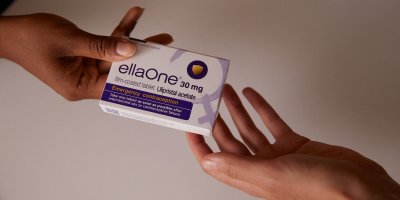Morning after pill myths
From scary side effects, to affected fertility, to setting off a ‘hormone bomb’, there are loads of rumours we’ve heard about what the morning after pill does. When you’re trying to get information about emergency contraception, these myths can make a straightforward process feel intimidating. We are here to set the record straight on morning after pill myths in order to help show you how the morning after pill works.
Click on each of the statements below to reveal whether it is true or false…






